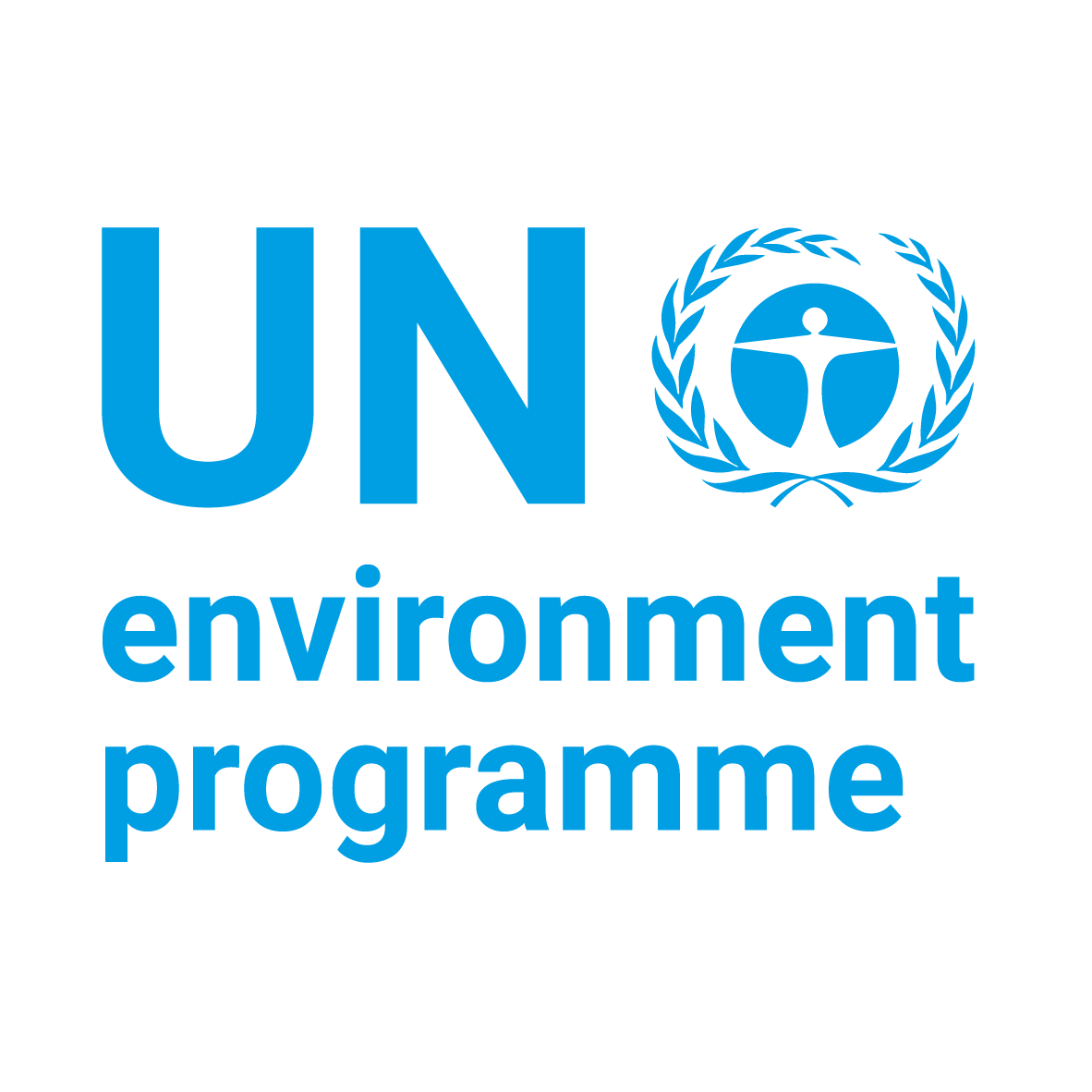Research on Ecosystem-based Adaptation (EbA): A reference guide
While the role of ecosystems in adaptation strategies is increasingly being acknowledged, there are still questions regarding the conceptual framework shaping EbA components (e.g. social, ecological, economic, governance) and processes (e.g. planning, implementing, monitoring). To encourage EbA application, it is essential to make the case for the benefits and cost effectiveness of the approach compared to other types of adaptation measures. It is especially necessary to advance in the scientific evidence for EbA to gain political commitment across different levels, secure funding and private sector engagement, better inform decision-making on EbA, and ultimately facilitate its implementation.
Purpose of the guide
This guide is intended to assist researchers in developing a plan or proposal for a research study on EbA. The objective is to strengthen the understanding of core concepts, provide an analysis of current and prevailing knowledge gaps and research needs for EbA, with an insight into where potential research should be focused for future knowledge generation. It highlights considerations with regards to selecting an appropriate research approach, reviewing the literature to position the proposed study within the existing research. Also, the guide provides an inventory of EbA-relevant tools and lists relevant journals, conferences and funding opportunities.
Audience
This guide is ideal for readers with basic knowledge of the concepts of climate change, adaptation to climate change and ecosystem services, or those readers with intermediate knowledge who need a quick refresher regarding particular aspects of design and methodology relevant for EbA. For advanced readers, this book offers a summary of basic research techniques, useful references and practical recommendations in EbA research.
-------------------------------------------------------------------------------------------------------------------------------
Integrating Ecosystem-based Adaptation (EbA) in Education Curriculum: A Resource Guide
An EbA approach has demonstrated how it can effectively reduce climate risks, while providing additional benefits to the communities. Therefore, EbA needs to be widely promoted and accepted as a viable strategy to reduce vulnerability and build resilience of both the social and ecological systems. As a key component of adaptive capacity, education should incorporate EbA into school and university curriculum to promote a thorough understanding of the role of ecosystems and enable students to take action.
Purpose of the guide
The resource guide is designed to support teachers and environmental educators to incorporate the key aspects of EbA into formal or non-formal education curriculum. It promotes awareness of the key role that ecosystems play for communities to adapt to climate change. This guide is designed to enable educators at the different education levels (primary, secondary, university) from diverse subject areas to introduce EbA across curriculum. It covers general guidance on determining the focus of the curriculum; guiding notes on different aspects and steps for the design of a curriculum, which reflects the principles of EbA; and five education modules on selected topics to facilitate the integration of EbA in education subjects.
Audience
The resource guide is designed to inform teachers, educators and policy makers interested in integrating EbA in formal and non-formal education at primary and secondary levels and also undergraduate level. The target groups include: Decision makers in the education sector responsible for developing and implementing educational programmes and initiatives; Primary, secondary and undergraduate level teachers/youth educators; Teacher training institutions; Non-governmental organisations (NGOs) involved in the development and implementation of non-formal education programmes; Interested citizens/youth/students. The readers need to have basic knowledge on climate change and ecosystems to inform and guide them in the process for preparation of formal or non-formal education curriculum integrating EbA. The readers will need to have a good understanding of teaching approaches to be able to effectively implement the steps.







